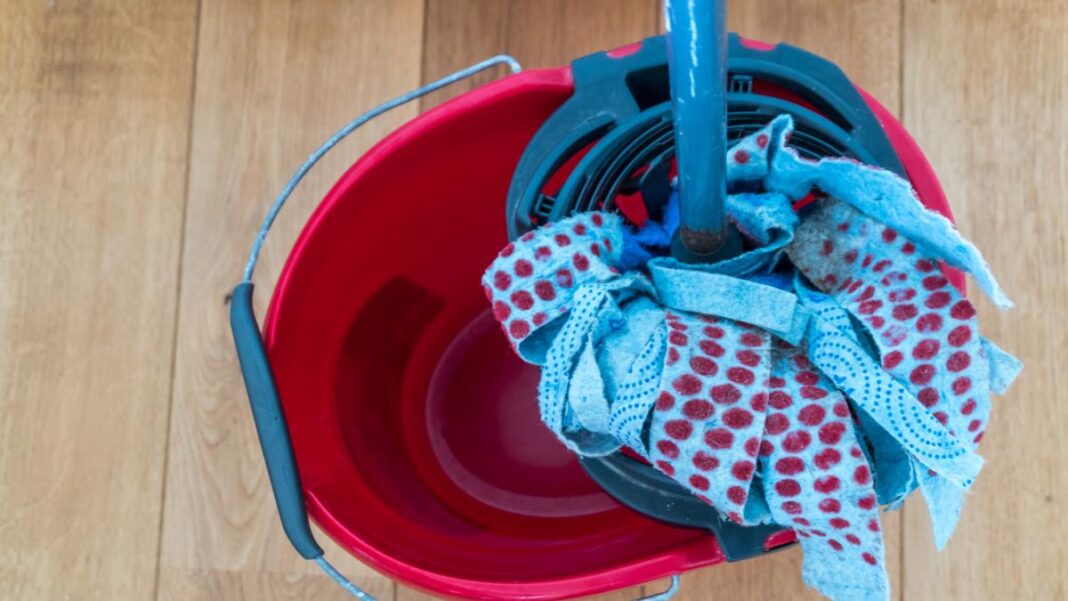BTN News: In the realm of household cleaning, countless products make our daily chores easier. Among these, the popular floor-cleaning liquid stands out as a staple in many homes. However, there’s a common linguistic conundrum surrounding this product: Should it be called “fregasuelos” or “friegasuelos”? While both terms might seem correct to the untrained eye, the Royal Spanish Academy (RAE), the authoritative body for the Spanish language, has definitively settled the matter. According to the RAE, the correct term is “friegasuelos.” This clarification may come as a surprise, especially since various brands often use “fregasuelos” on their labels. Yet, adhering to proper linguistic rules is essential, especially when we rely on language to communicate accurately. This detail, though seemingly small, is a reminder of the importance of consulting reliable sources when in doubt about language usage.
To delve into the explanation, the word “friegasuelos” is derived from the verb “fregar,” which means “to scrub” or “to wash.” Specifically, the word takes its form from the third person singular of the present indicative of the verb, which is “friega,” not “frega.” In this case, “friega” combines with “suelos” (floors) to form “friegasuelos,” meaning something or someone that scrubs or washes floors. This construction is consistent with other compound words in Spanish, where the first element adopts the third person singular form of the present indicative of the verb involved.
Despite the frequent use of “fregasuelos” by some brands or in colloquial speech, it’s important to recognize that this variation does not align with the linguistic norms established by the RAE. The correct usage, “friegasuelos,” applies not only to the liquid cleaner used for scrubbing floors but also to any device designed for this task. Additionally, in Spain, “friegasuelos” can also refer to a person whose job is to clean floors, underscoring the versatility of the term.
The significance of using “friegasuelos” correctly extends beyond just linguistic accuracy. Language is a powerful tool that shapes our understanding and communication. By adhering to the correct terms, we contribute to the preservation of linguistic integrity, which is especially important in a language as rich and diverse as Spanish. Misunderstandings, while often minor, can accumulate over time and lead to larger discrepancies in language usage.
For those committed to using language correctly, especially in professional or educational contexts, it’s crucial to stay informed about the guidelines set forth by authoritative bodies like the RAE. This ensures that communication remains clear, precise, and true to the established rules of the language.
In conclusion, while “fregasuelos” might appear to be a reasonable alternative, the RAE confirms that “friegasuelos” is the correct term. This insight serves as a gentle reminder of the importance of consulting trustworthy sources when faced with linguistic uncertainties. As we continue to navigate the complexities of the Spanish language, institutions like the RAE play a vital role in preserving its integrity and guiding its evolution. So, the next time you reach for that floor-cleaning liquid, remember that “friegasuelos” is the term that will keep your language as spotless as your floors.


